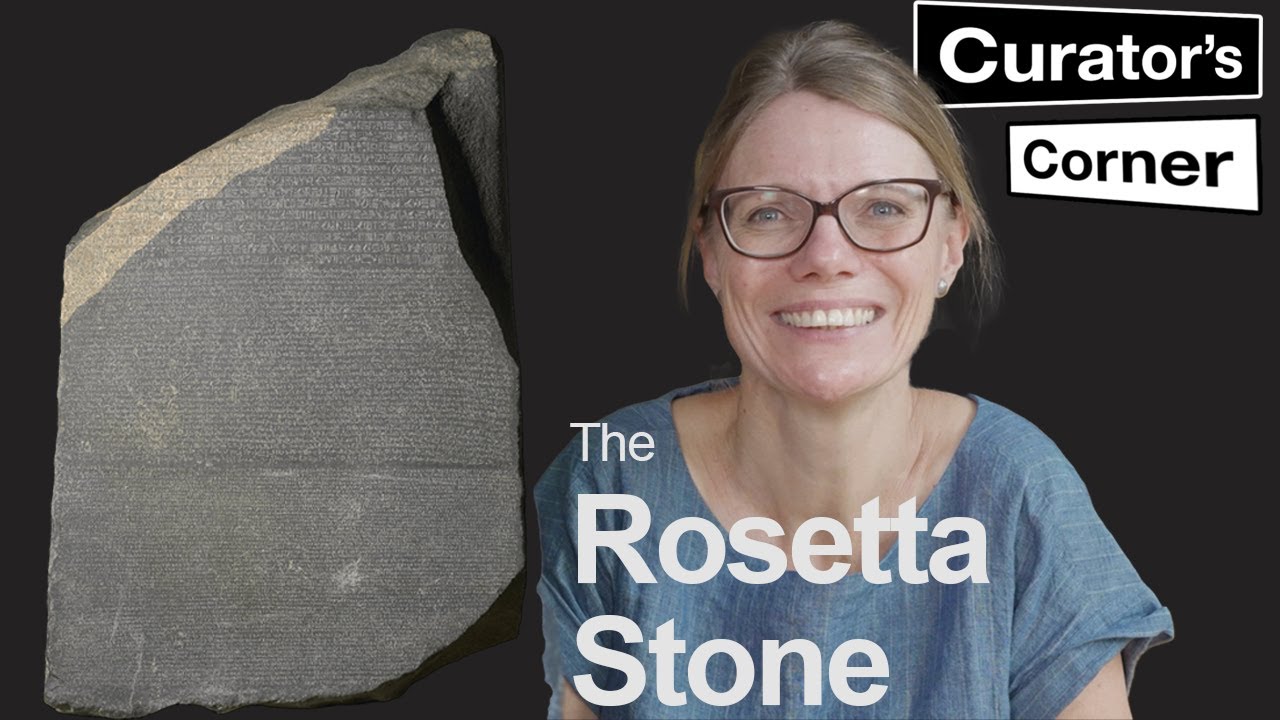In celebrating the divinity of Ptolemy V, one of his accomplishments cited in the Rosetta Stone Decree inscribed on the stone (from a 1988 translation is):
Of the dues and taxes existing in Egypt some he has cut and others he has abolished completely in order to cause the army and all other people to be happy in his time as [Pharaoh].
Wikipedia goes on to cite:
Taxes levied on temples and their estates were also relaxed, with the it ordered that “the divine revenues of the gods and the silver and grain which are given as syntaxis to their [temples] each year and the portions which accrue to the gods from vineyards and gardens and all other property over which they had rights under his father, that they remain in their possession…” These tax breaks extended to the priesthood, as they were ordered “not to pay their tax for serving as priest above the amount they paid up to year one of his father. He has relieved the people [who are in] the offices of the temples of the sailing they make to Alexandria every year…”
